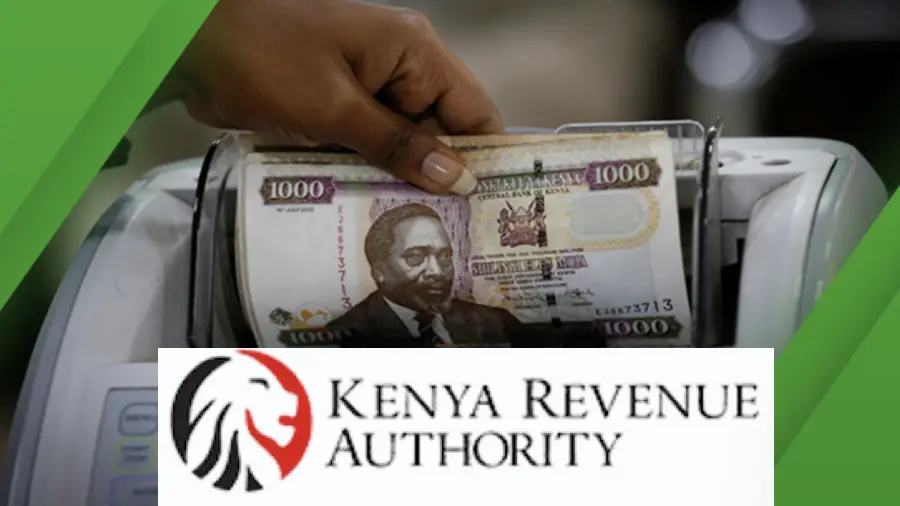Gradually, the president-elect of Colombia, Gustavo Petro, has been discovering his letters to form the government that will start on August 7th. Petro, who will be joined by Francia Márquez as his vice president, the first black woman to hold that position, has promised gender parity in his government.
The gamble is not small, when his government plan begins with the promise that “the change is with women” and that they “will occupy at least 50% of all public positions at all levels and branches of power, the that empowers decision-making in favor of change”.
Furthermore, in a country that by law requires at least 30% participation by women in politics, the commitment to gender parity is quite ambitious.
Many sectors applauded the appointments that have been made so far in some Ministries that will be led by women whose experience is consistent with the appointment.
So far, Petro has made several key appointments to her ministries, which will be headed by women: Francia Marquez she will be not only vice president, but also prime minister for Equality and Women (although the creation of this ministry is not on the immediate agenda of the new government); Cecilia Lopez will be Minister of Agriculture and Rural Development; Carolina Corcho Mejia she will be the Minister of Health and Social Protection; Susana Muhamad , the Minister of Environment and Sustainable Development; and Patricia Ariza the Minister of Culture.
Another important appointment is that of L.eonor Zalabata Torres , who will be Colombia’s ambassador to the UN. Zalabata Torres is an indigenous Arawak woman with a long history as a human rights defender.
For his activism, Zalabata Torres received the Anna Lindh Prize awarded by the Swedish Social Democratic Party in 2007.
In addition, Petro also appointed Embera indigenous lawyer Patricia Tobón as director of the Victims Unit in his next administration.
Gender equality in the Petro government
Juliana Hernández, executive director of Artemisas, a feminist political advocacy NGO, and of the “Paridad Ya” campaign, which works for the representation of women in politics, told the CNN Spanish that it is important to give a voice to women because historically they have been excluded from the exercise of potency.
And being 52% of the population of Colombia, not including these sectors is “a big mistake in understanding who we women are for this society”.
“It is important to include the voice of women because they have been excluded (from society) and are excluded for a very simple reason: it is that we never had the structural conditions to be in the most important decisions, which are the ones who decide”, added Hernandez.
According to Saldarriaga, feminisms in politics do not seek only a change in favor of women, but also a structural change to guarantee rights for all. “It’s not just ministries, but (a policy) that is also transversal,” added Saldarriaga.
A few weeks ago, dozens of feminist groups sent a letter to president-elect Gustavo Petro and his vice president, Francia Márquez, asking to be included in the national agreement, saying that “without women, the agreement does not work.”
The Petro National Agreement is a governance alliance that invites parties across the political spectrum to generate congressional governance.
“Feminisms as a political force have carried out, in this country, one of the most important revolutions in the life of the nation, expanding the margins of democracy, the recognition of economic, social, cultural, reproductive and sexual rights for women in our identity and sexual diversities” , says the letter.
The fact that so far they have not been summoned is a blow to feminists, as they say that sectors that are working in the territories in search of human rights are not being heard.
“If you’re going to see the National Agreement, there was no call for feminist sectors or women’s sectors,” Juliana said. Still according to her, what the Colombian feminist movement seeks is “to have a voice and be recognized as part of a society that worked to build the peace agreement”.
Feminist groups have also complained because they say they have been excluded from the joint Petro group and, instead, have been included in the “population sectors”, that is, as indigenous, black and not as women, since women are transversally part of all these groups. .
“There, from the beginning, there is a big misunderstanding in understanding who we women are for this society,” Hernández said about the lack of representation in the Petro junction group.
CNN Español contacted the Colombian president’s group to comment on the lack of women. Their response was that they are not aware of said complaint.
Women as leaders in the recovery of the social fabric
Colombia is a country where women had the greatest weight in the war. In the chapter on women and conflict, the Truth Commission Report, published in June 2022, states that conflict has affected women in “different ways”.
In the report, the Commission established that, in a country where the war “was more than a reinforcement of patriarchy”, women “became political subjects and agents of transformation”.
The report “clarifies the place that organized women have conquered in the task of necessary change in the country and in Colombian culture. Women are essential in the reconstruction of the social fabric, they never gave up and managed to start over, recover life, despite everything and against everything”, says the document.
Because of this, the feminist group hopes that the Petro government will fulfill its promise of gender equality, a government led by women could be the beginning of the change that the country demands.
“It was the women who bore the brunt of the war, the ones who are looking for their missing children, the ones who went and denounced it. What happened to the false positives were fundamentally women. That’s why I say the time has come from a feminist government to 100, to 99% of Colombia,” Ángela María Robledo told CNN Español.
“Hence the importance of a government formed by qualified women for their positions”, says Robledo.
She adds that “in Colombia there has been an immeasurable female power that is what sustains life in Colombia and it is time for the government to pay a historic price with women. I believe the time has come for feminism, and not just for women, but for Colombia,” she points out.
*Published by Marcello Sapio.
Source: CNN Brasil
I’m James Harper, a highly experienced and accomplished news writer for World Stock Market. I have been writing in the Politics section of the website for over five years, providing readers with up-to-date and insightful information about current events in politics. My work is widely read and respected by many industry professionals as well as laymen.







